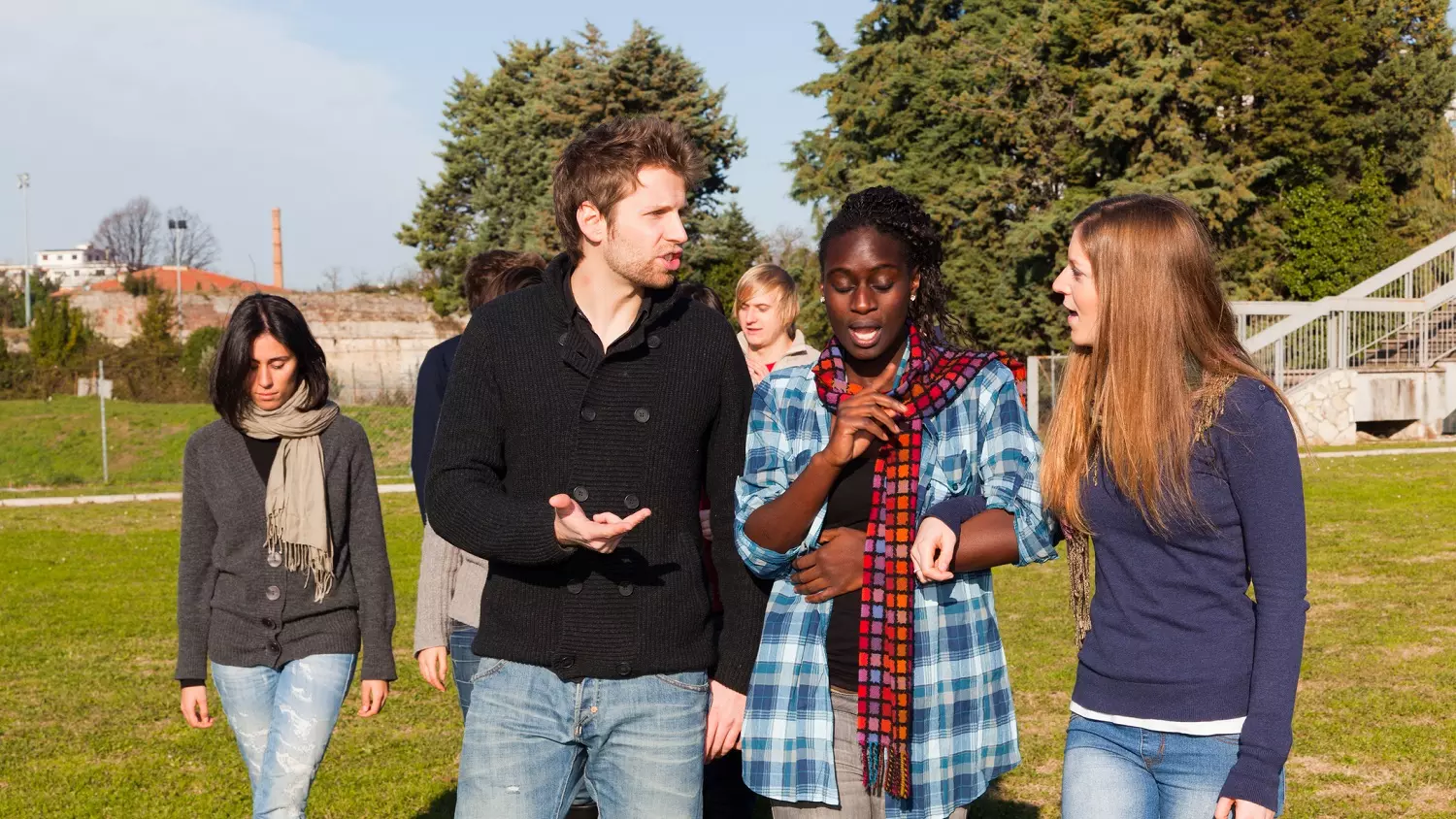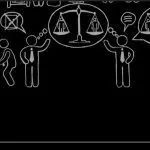[Originally published in 2016 as Unexpected Results From A Poll About Teaching Science]
False news has been a reoccurring topic in today’s culture for some time. A near relative to false news is ignored news.
Newsworthy stories can be selectively ignored by the media or they can be twisted until the meaning is altered. There are two areas that are reported in these two categories more than their share of the time. These are Darwinian evolution and climate change.
There is a general assumption among the media that Darwinian evolution and climate change are now established facts and should be taught in classes as the only accurate scientific explanations for origins and climate. The fact is, there have been a number of newsworthy stories about these topics that have been ignored or given an altering twist.
Stories that oppose traditional positions about evolution and climate change are routinely passed over as religiously based, illegal in public schools, material that is flawed and biased, or not worthy of mainstream reputable news. When they are given time in news media, the articles often contain misrepresented information. I’m writing this article to challenge the false news and ignored news that is prevalent in articles that do not agree with mainstream science.
What do the majority of ordinary citizens think about the right to discuss dissenting scientific views on such topics?
You might find the answer surprising!
A 2016 national poll of a cross-section of American adults revealed unexpected results. The participants included representative numbers of men, women, Democrats, Republicans, theists, atheists, agnostics, and four age groups from 18–60+. According to the poll, 94% believe students, teachers, and scientists should have the academic freedom to objectively discuss both the scientific strengths and weaknesses of the theory of evolution. Another finding of the poll was that 94% think
It is important for policymakers and the public to hear from scientists with differing views.
Most Americans do not realize there has been a long history of punishing and censoring scientists who criticize or express doubts about the official versions of evolution and climate change. Many scientists have been demoted, fired, or harassed for expressing such ideas, even though many of their ideas were based on well-researched scientific principles. This is not something of which most Americans approve of. The poll found that 84% agreed with this statement:
Attempts to censor or punish scientists for holding dissenting views on issues such as evolution or climate change are not appropriate in a free society.
Two states have proposed and are debating academic freedom bills—SB 55 in South Dakota and HB 1485 in Texas. These bills would give teachers the academic freedom to teach both the strengths and weaknesses of controversial scientific standards that are already in the approved curricula. Texas is in the middle of streamlining their science standards, which already contains some provisions for considering scientific strengths and weaknesses of scientific topics. If parent in these states is representative of this poll, their legislators should already know that this is a bill that parents will approve. Parents in other states that do not already have similar bills might want to consider talking to their legislators about introducing academic freedom bills in their states.
When scientists disagree about some issue or idea and are free to openly debate the weaknesses and strengths of the issue, real science is being done. When only one side of an issue is allowed to be taught and discussed, especially in schools, this is no more than indoctrination.
It will be interesting to see how media cover a new movie documentary entitled “Is Genesis History?” The project was put together by Del Tackett,who interviewed thirteen PhD scientists with a variety of scientific specialties. It is chock full of scientific information taken from the research of these scientists.
The information may be ignored [Editor’s note: it was]; it may be twisted. It’s always possible the information will be given a fair hearing by the scientific experts, but if past history is any indicator, this is not like to happen.
What if both sides of the Darwinian evolution controversy and both sides of the climate change controversy presented their evidence for their favored theory to a competent, well qualified group of scientists? What if it were set up like a jury trial with evidence from both sides of the issue discussed openly and fairly and with an unbiased judge to oversee the presentations?
Even more, I would like to see this kind of situation in science classrooms with students free to discuss the issues and the evidence. This is what South Dakota and Texas hope to see also.







